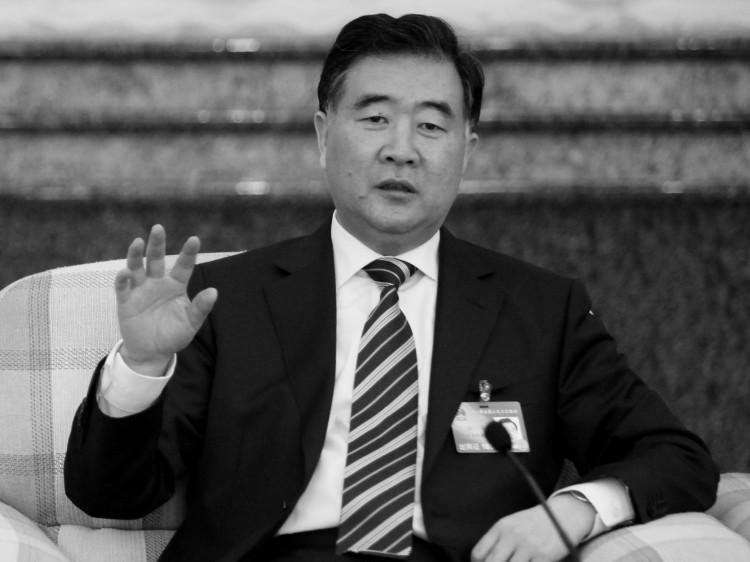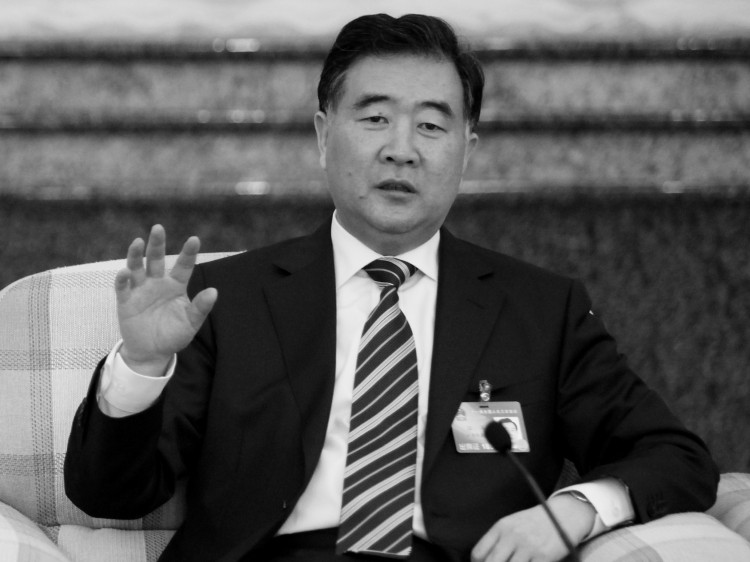Wang Yang, one of the most prominent figures in the reformist faction of the Chinese Communist Party (CCP), will continue his political endeavors in Guangdong Province after being re-appointed as Party Secretary there recently, and amidst reports that he will likely be given a seat on the Standing Committee of the Politburo, the most powerful political organ in China.
As Secretary for the Guangdong Provincial Party since 2007, Wang has formed something of a coalition with Premier Wen Jiabao and China’s leader Hu Jintao in order to bring reform to Guangdong Province.
The type of reform advocated by Wang Yang poses a threat to cadres who have built their careers through the security apparatus and propaganda organs.
The Economic Observer reported, “The reason for the alignment of Guangdong Party Secretary Wang Yang with Wen Jiabao in the test of reform in Guangdong is not only owing to the fact that they came from the same province and served the Youth League, but also because Wang Yang was seeking an economic model in the city of Guangdong that meets the expectations of the citizens. Therefore, they made a suggestion to the World Bank and other world organizations for the implementation of the 5-year plan.”
The growing prominence of Wang Yang has come with the recent eclipse of Bo Xilai, who advocated opposing political ideologies and economic policies that had a heavy focus on the state.
Bo was a Red Guard as a youth, and his student organization was directly mobilized by Mao Zedong. Criticism by his father Bo Yibo gave Bo Xilai the chance to prove his revolutionary zeal, when he beat his father, breaking three of his ribs. In a memoir written by Yang Guang, a survivor of the Cultural Revolution, Bo Yibo is quoted as saying, “When I saw that he was not afraid to cut his ties with family members, I knew he was good material for the next generation of the Party leadership.”
Wang was a revolutionary who held firm to his belief in a transparent and mainly private, rather than statist, economy, which experts see as essential for sustainable economic development in China. Wang’s growing political strength was shown through his successful handling of civil unrest in Wukan village, which was characterized by compromise instead of violence.
An unfavorable international economic climate may have in part helped Wang push through reforms in Guangdong. “Failure of reform is allowed, but inaction is not allowed,” was one slogan promoted in recent years. Supporters argue that the policies of economic liberalization in Guangdong are a potential example that other regions of China can follow.
Wang also recently declared that the Chinese people should not thank the Communist Party for their success or happiness, a statement that is fundamentally opposed to the last six decades of Party propaganda.
Read the original Chinese article:
The Epoch Times publishes in 35 countries and in 19 languages. Subscribe to our e-newsletter.
Click www.ept.ms/ccp-crisis to read about the most recent developments in the ongoing crisis within the Chinese communist regime. In this special topic, we provide readers with the necessary context to understand the situation. Get the RSS feed. Get the new interactive Timeline of Events. Who are the Major Players? ![]()






